Tower Hamlets Council is deciding whether to adopt the “Spitalfields and Banglatown Neighbourhood Plan”. With the current Cost of Living Crisis, why should it be adopted and supported by all. In summary:
🌟 Current Council policies in the area, have failed.
🌟 Leading to increasing rents, pushing residents & small businesses from the area.
🌟 The adoption of the plan will result in a cap on speculative land prices.
🌟 Keeping rents & land prices low, keeping developers out and keeping small independent businesses in the area.
The threats of violence by those allegedly advocating for the Truman Brewery need to be addressed and responded to. There is no place for thuggery in the body politics of Tower Hamlets.
The current Cost of Living Crisis and projected economic recession will show that 40 years of short-term, speculative finance-led economic regeneration has failed. Economic inequalities have risen, and it has no answers for businesses and residents in the area. Many are projected to go out of business and fall into the vicious cycle of poverty and debt due to the Cost of Living Crisis.
An alternative approach is not only possible but also necessary. The adoption of the neighbourhood plan is the first step in a Community Wealth Building Approach that benefits all, not just a select few. The threats of violence by those allegedly advocating for the Truman Brewery need to be addressed and responded to. There is no place for thuggery in the body politics of Tower Hamlets.
Link to the template letter to support the Plan. Defend the Plan Letter.
Just another day in the #Endz: Facing Off Threats of Intimidation and Violence
or On the Ends of Good and Evil (De Finibus Bonorum et Malorum)
“Not for ourselves alone are we born.”
Marcus Tullius Cicero

It all started when I was invited to the house of a former councillor, last Thursday, to help resolve a community dispute. I was informed it will be a discreet gathering, with myself, him and the person in question. I have not been to that house in over three years, and would not have gone except in this circumstance of fulfilling a moral obligation of ending disputes between individuals.
“Verily, after me there will be conflicts or affairs, so if you are able to end them in peace, then do so.”
The Prophet Muhammad (saw)
To my surprise, at the house waiting for me was a Tower Hamlets Councillor. A known advocate of the Truman Brewery planning application, and alleged paid agent. The atmosphere was tense. Eventually, the conversation turned towards Brick Lane and the judicial review in the High Court, against the Truman Brewery and Tower Hamlets Council.
In this East End version of the TV sitcom Rising Damp. I made my position clear, that until the conclusion of the High Court trial I would like to keep a healthy distance between myself and the Tower Hamlets Councillor. After which he became aggressive, with heated, barbed comments against the #SAVEBRICKLANE campaign, the Neighbourhood Plan and the Neighbourhood Planning Forum.
The discussion further descended into threats of physical violence against me for advocating the Neighbourhood Plan. To which I replied, in a colloquial form, that I am prepared to use reasonable force within the parameters of the common law. However, as we were both guests in someone’s house, I continued, am happy to continue the discussion outside. I subsequently left the house. Alas, he never took up my offer, and we are where we are.
“Politicians are not born; they are excreted.”
Marcus Tullius Cicero
Therefore, I will finish the discussion below, as a private citizen of Tower Hamlets. Why the adoption of the Neighbourhood Plan is essential if we are serious about saving the Brick Lane we all know and love. Stop the rot, of the Rising Damp of speculative finance-led regeneration.
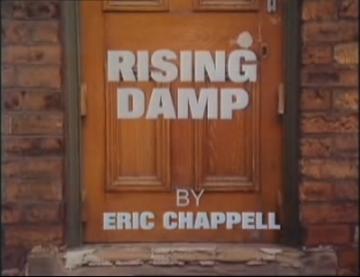
“What have you got in that bag, a thumbscrew?”
Rupert Rigsby – Rising Damp
Why do we need the plan?
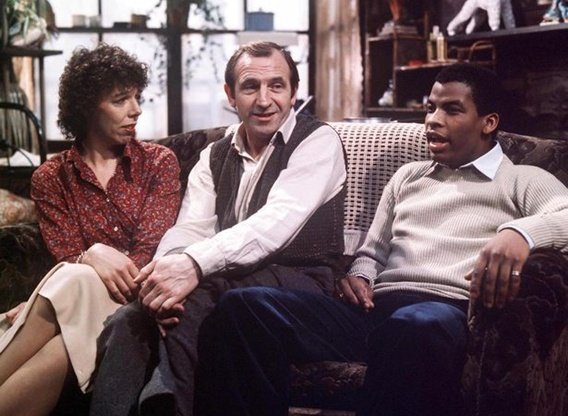
“Because I’ll put your rent up if you don’t, that’s why.”
Rupert Rigsby – Rising Damp
The adoption of the Neighbourhood Plan helps to put a cap on rising land prices in the Brick Lane area as one of its outcomes. An intended outcome similar to the energy price cap imposed by the Government on energy companies in 2021. Why do we need a price cap on land prices in the Brick Lane area?
Most small business owners in Brick Lane, are tenants, they don’t own the freehold of their commercial properties. Rising land prices, give an incentive to landowners to increase rent on their properties. If their tenants can’t pay the high rents, then that’s tough, as the landowners win either way.
They can demonstrate, to the planning authority, that the existing retail use or commercial use of their property is no longer commercially viable. Simply by marketing the vacant properties for a period of time, a planning reason can be put forward for redevelopment and change of use. The financing of such development is secured against the speculative value of the proposed development.
The result is, the pushing out of independent businesses, to be replaced by corporate retail and offices, as is proposed in the Truman Brewery planning application. Eventually killing off the Brick Lane we know and love.
Surely, this is the price of progress. But at what cost?
The Human Cost of Rising Land Prices.

“After that second goal, I thought they were going to break in to the goose-step.”
Rupert Rigsby – Rising Damp
The story of Tower Hamlets over the last 40 years has been one of a tale of two cities. While investment has gone into areas such as Canary Wharf or the City Fringe, this has left huge swaths of the borough trapped in a slow cycle of decline.
This has led to soaring land prices, experienced in high rents for both commercial and residential tenants. Good quality jobs and housing is concentrated in the hands of the professional ‘knowledge class’, while the remainder is consigned to precarious jobs in the service-sector springing up to serve them.
The result is rising inequalities, in terms of income, housing, jobs and health. Lives and communities are characterised by economic exclusion. This includes high rates of economic inactivity caused by the decline of traditional employment, high rates of under- and unemployment, low educational attainment, employment skills deficits, poor health behaviours and shortened healthy life and life expectancy.
The human cost of these decades of failure came to the forefront in the Covid-19 pandemic. Physically demonstrated in the trenches dug in local cemeteries to accommodate the dead.
Surely, there is a better approach to economic regeneration and planning in Tower Hamlets?
But is there an alternative?

There is no Alternative. Really?
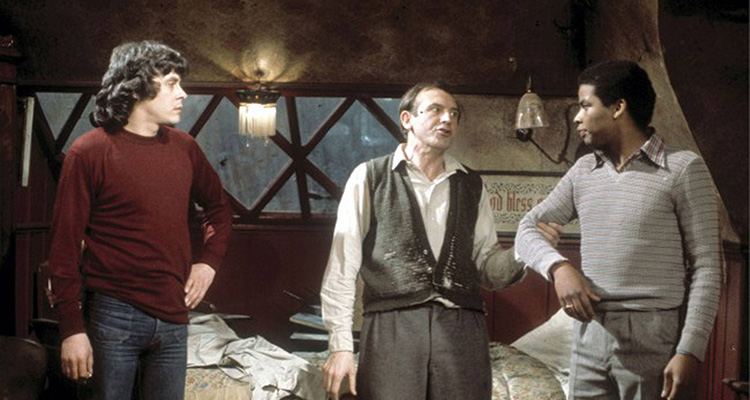
“They’re all Communists. They don’t believe in private property – unless it’s theirs, of course”.
Rupert Rigsby – Rising Damp
Land use, ownership and access are fundamental to the exercise of economic power in our communities in the UK and are historically tied to the country’s economic transformation. A huge amount of the wealth is tied up in buildings and land. The issue of land use, ownership and rent extend from the macro to the micro, including housing and access to parks and green space.
How we use land in our communities affects the way in which wealth circulates in the local economy. Historically marginal areas, such as Brick Lane, have always been a cluster for small independent businesses. Together, these clusters create a circular economy, supporting each other and the residential areas that surround them. Creating a virtuous cycle of wealth creation, or community wealth.
This fact has been recognised in the private sector. For example, private estates in Marylebone, the Duke of Westminster and the Shaftsbury Estate in the West End, pursued a policy of putting a cap on rents and land prices in order to sustain clusters of small independent businesses.
In the public sector, we have the example of Islington Borough Council. Through an active s106 policy, it created low-rent commercial spaces for clusters of small independent businesses.
Now the above approach is not philanthropy but makes good long-term economic common sense. Decisions and approaches to land change in accordance with the timescale. For example, if you are looking at a 5-year cycle, then it makes sense to maximise profits. If you are looking at say a 25-year cycle, then the overriding priority is to minimise risks, ensuring a steady return on the initial investment. An approach that is taken by institutional investors such as Sovereign Wealth Funds, Pension Funds and Insurance Companies.
The question for us all here is then, why is Tower Hamlets Council, the local institutional investor, taking a short-term approach to land use in the borough, rather than a long-term institutional approach? Given the costs, we see, with rising inequalities, with associated costs such as rampant ASB, health inequalities and in work-poverty, an alternative approach should be taken.
Towards a New Approach: Fair Land Use and Wealth Creation for All
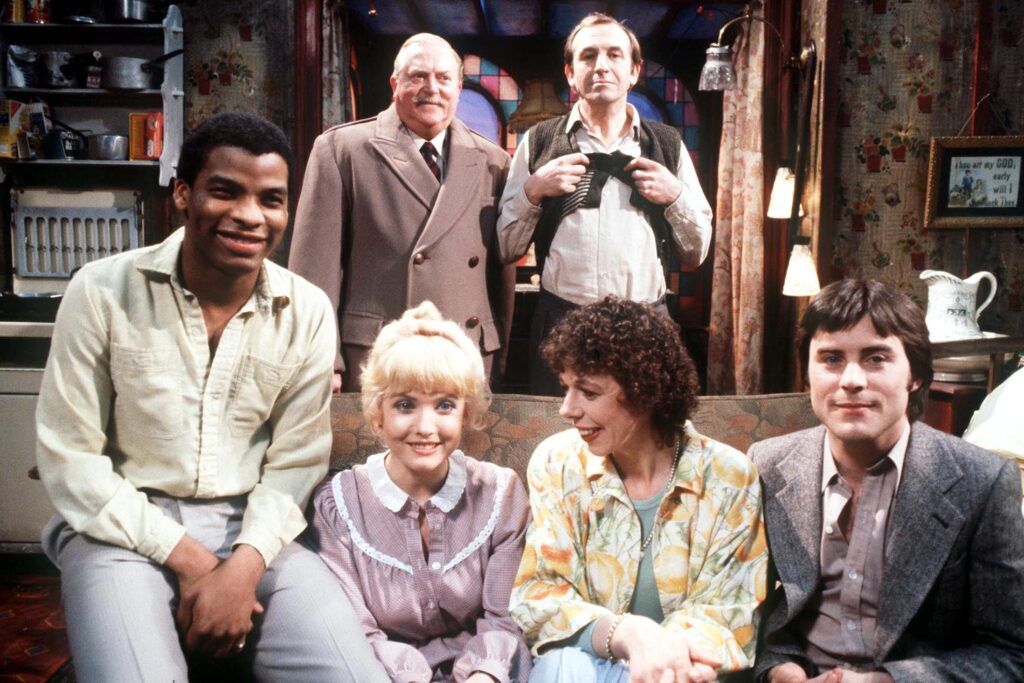
“That cat’s Conservative! At least, he is during the day.”
Rupert Rigsby – Rising Damp
The Neighbourhood Plan is not a solution to fix all the problems in Brick Lane and the surrounding area. But it is a step in the right direction. Yes, mistakes have been made with the boundary, and the way initial conversations were started.
The boundary issues can be rectified, with an extension of the area, once the plan is adopted. As has happened before in Tower Hamlets with other neighbourhood areas and plans. As a recent member of the Spitalfields and Banglatown Neighbourhood Planning Forum, I oversaw with others a motion and resolution to institute the above.
I ask everyone to oversee these faults and look at the bigger picture, that our current decades-long approach to land use in Tower Hamlets has failed, and we need a more long-term, institutional community wealth-building approach. A long standing policy of many Labour councils, adopted by our recently elected new Mayor.
The Brick Lane Neighbourhood Plan is a step in the right direction of fixing our local economy and politics so that it works for all and not just a select few. An approach, given deindustrialization, makes our foundational local economy work for all. An approach adopted by the Welsh Government, pioneered at the University of Manchester, spearheaded by Professor Karel Williams.
Fixing our Broken Politics: Towards a Commonwealth (De Re Publica)
“The welfare of the people is the highest law”
Marcus Tullius Cicero
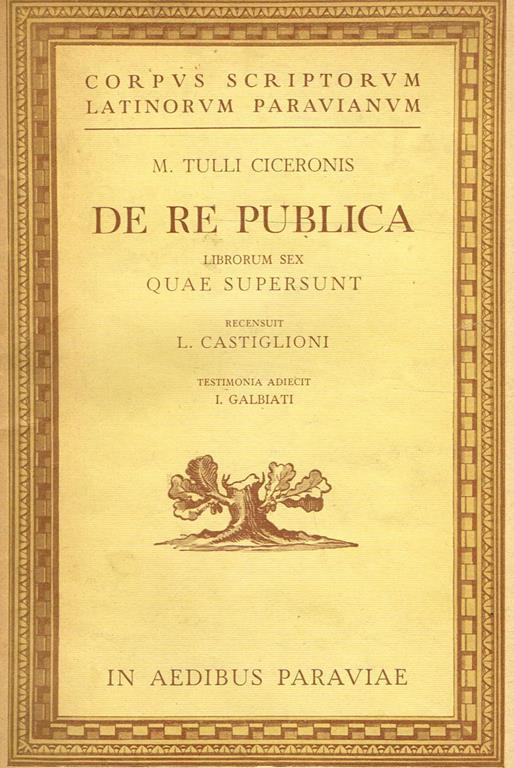
Regardless of our political views, or socio-demographic backgrounds, one thing we all can agree on is that Tower Hamlets Politics is broken. The dysfunctional nature is demonstrated by the constant state of Tower Hamlets being in the news for the wrong reason.
I have a personal reason for caring about Brick Lane and the surrounding area, and for the East End as a whole. It gave my family a chance to make a new beginning. Over 70 years ago, in 1951 my father stepped off a ship on the docks to start a life in the United Kingdom. The first place he headed to was Brick Lane, where he fondly remembers buying chickens from the woman at Kosher Poultry place on Petty Coat Lane Market.
60 years on, I sat across the table in Stamford Hill, north London with the grandnephew of the owner. We exchanged stories as to how as migrants our families struggled to make a home in the UK, in doing so contributing to the wider wealth of our communities. His family was from Central Europe, mine from now modern-day Bangladesh. All contributing towards the Commonwealth.
This vision and approach to an inclusive economy are now at stake. In order to save it, we need to go back to an approach to politics which recognises that the goal is to ensure that everyone, by the very fact of being a human being, leads and lives a dignified life. Move away from the current approach of kill or be killed, where everyone loses except the select bank accounts of a privaleged few.
Final reply to the Tower Hamlets Councillor and alleged paid agent of the Truman Brewery
or On the Stoic Approach to Violent Threats (Paradoxa Stoicorum)

“Six mistakes mankind keeps making century after century:
Believing that personal gain is made by crushing others…”
Marcus Tullius Cicero
In composing my final words on the threat of intimidation and violence from the Tower Hamlets Councillor and his alleged employer, the Truman Brewery. Assaulted for simply advocating the Neighbourhood Plan for Brick Lane. I take inspiration from the life of the Stoic philosopher, Cicero. A historical figure of the late Roman Republic.
As a Stoic, he dedicated his life to the belief in a shared common humanity, and a shared struggle for the dignity of all. He dedicated his life to this cause. First, as a lawyer taking up cases against powerful interests, and then as a member of the Roman Senate. In the end, it cost him his life. When the assassins arrived at his house, he did not flee but simply extended his neck as an act of defiance. Two thousand years later, everyone knows the name of Cicero, but hardly anyone utters the name of the individuals who ordered his death.
“The life of the dead is set in the memory of the living.”
Marcus Tullius Cicero
Now, I don’t have the benefit of classical education or the flowery Latin orations of Cicero. So as the son of a brick worker, growing up on the streets of a declining industrial town, in the language of former a state comprehensive pupil. I will say this.
To the Truman Brewery, not all of us ‘Pakis’ are up for sale. The alleged market rate is £5,000 in crisp £50 notes, with alleged photographic evidence of the recipient, an elected official and an envelope. The vast majority of us, along with the vast majority of Tower Hamlets residents from all backgrounds, believe in the collective good, which provides a dignified life for all.
To the Tower Hamlets Councillor, who threatened me and the social milieu he hails from.
Bring it on!
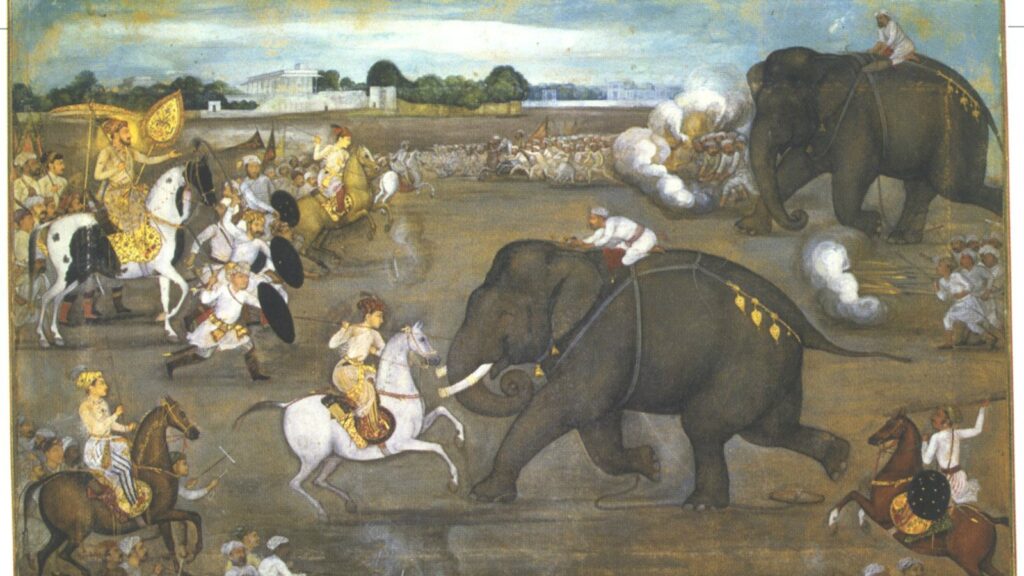
Alhamdulillah ala kulli hal. Fi kulli makan, wa fi kulli zaman. Abadan. Abadan. Amen.
Praise be to the Divine, in all states. (When facing the challenges, trials, and tribulations of life). In all places and all times. From now till eternity.
The Prayers of the Sufis.

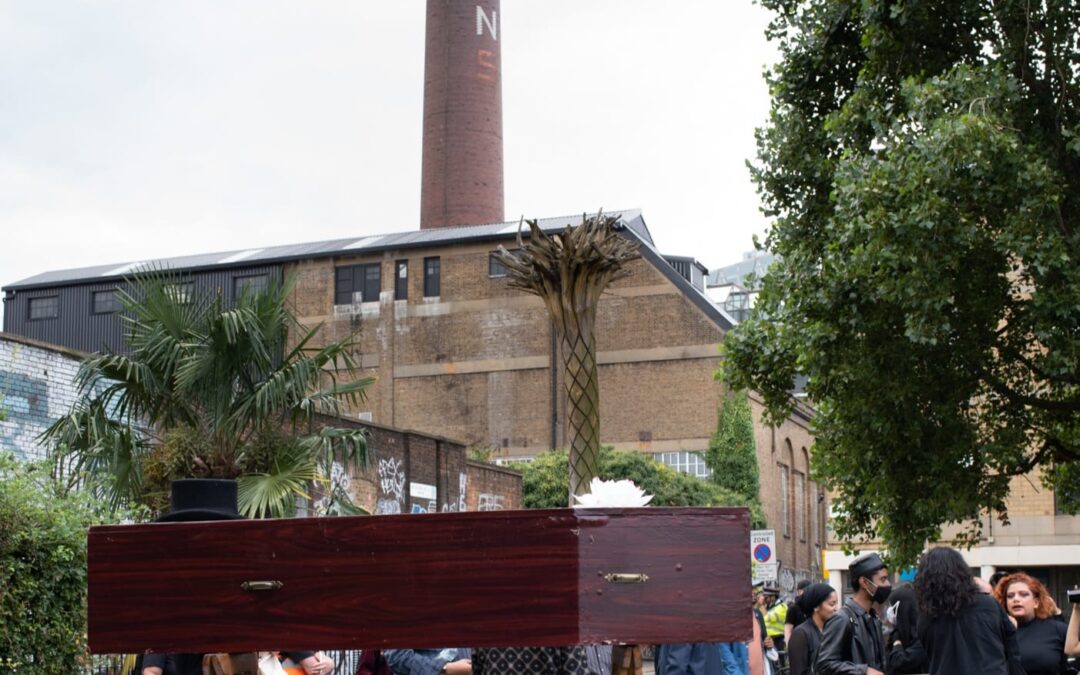
Dear Mr Puru Miah,
Thank you for the article info and awareness, especialy during these tough times where cost of Living Crisis is of everyone’s concern, in particular small business including myself, who are struggling to keep up with costs due to many factors and a series of events, we need changes !
As a campaigner for better use of our common land myself, I agree and hope our city planners will see their responsibilities in neglecting our commons and creating a cost of living crisis by giving unjust planning permissions.
I hope politicians will be too ashamed to continue their short term planning policies towards Estates Demolitions . I hope they realize before too late that they are instrumental in the destruction of our planet through emissions caused demolitions.
And I support you in your efforts to heal our communities with common sense and council’s long term investments. Thank you. Dominique
Thank you for this article and your hard work in fighting for us.
Hi Puru
The current councillor Shahaveer Shubo did he threaten you? He was the advocate for the Zaloof family.